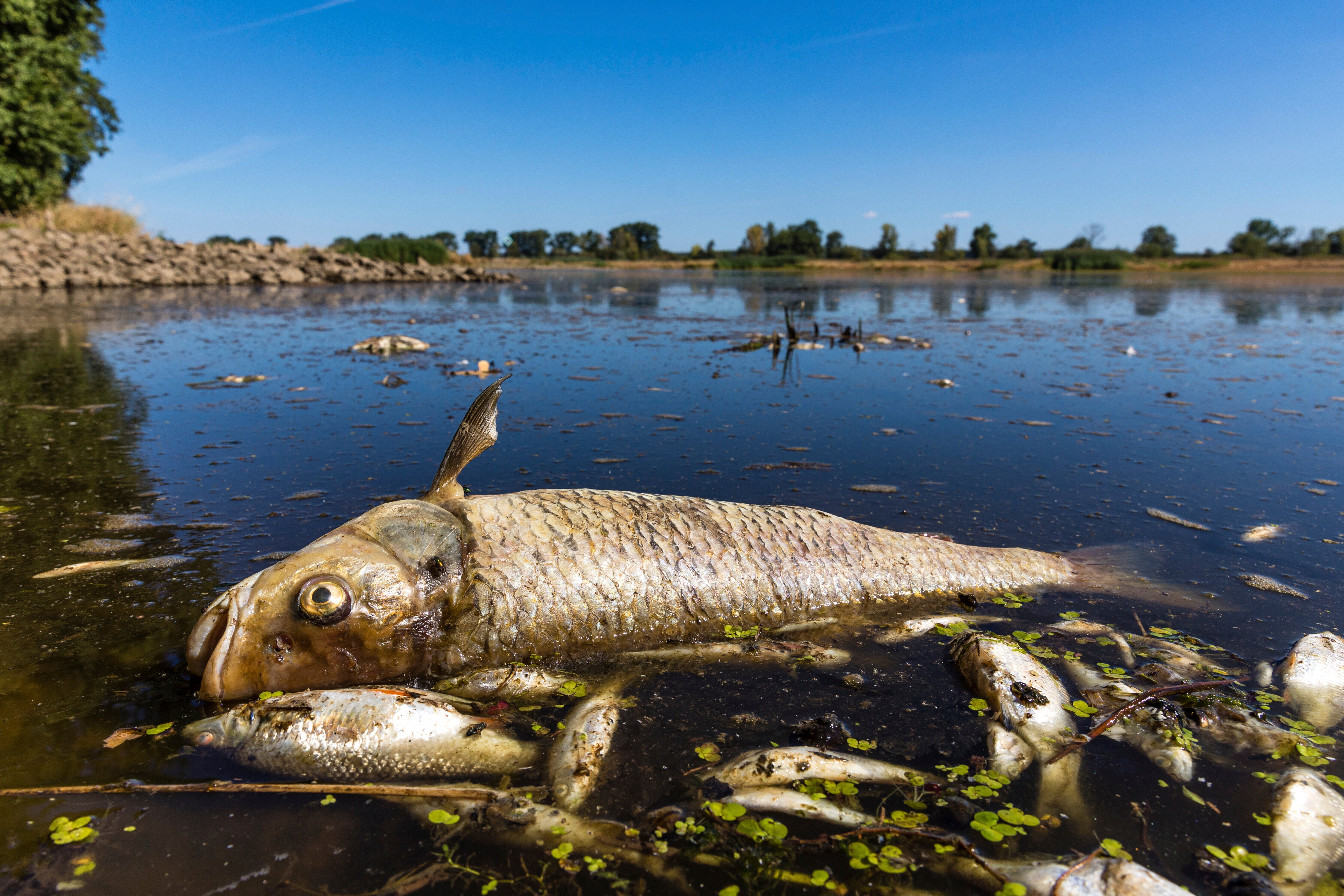Germany alleges Poland hasn't stopped pollution that led to fish die-off in Oder River
Germany’s government has accused Poland of failing to stop the dumping of pollutants that contributed to the deaths of hundreds of tons of fish in the Oder River

Your support helps us to tell the story
From reproductive rights to climate change to Big Tech, The Independent is on the ground when the story is developing. Whether it's investigating the financials of Elon Musk's pro-Trump PAC or producing our latest documentary, 'The A Word', which shines a light on the American women fighting for reproductive rights, we know how important it is to parse out the facts from the messaging.
At such a critical moment in US history, we need reporters on the ground. Your donation allows us to keep sending journalists to speak to both sides of the story.
The Independent is trusted by Americans across the entire political spectrum. And unlike many other quality news outlets, we choose not to lock Americans out of our reporting and analysis with paywalls. We believe quality journalism should be available to everyone, paid for by those who can afford it.
Your support makes all the difference.Germany's government accused Poland on Monday of failing to stop the dumping of pollutants that contributed to the deaths of hundreds of tons of fish in the Oder River, which runs along the border between the two countries.
The mass fish die-off last summer caused friction between Warsaw and Berlin, which both blamed chemical discharges on the Polish stretch of the river for promoting the growth of deadly golden algae. The environmental group Greenpeace said wastewater from Poland’s coal mines was most likely responsible.
“We see increasing signs that salts continue to be discharged (into the Oder),” German Environment Ministry spokesperson Christopher Stolzenberg said. “There has been no reaction by the Polish side to limit the salt discharge.”
He said a similar die-off could happen again this summer but noted that water levels and high temperatures were factors in producing golden algae.
“We need to see what's going to happen in the next weeks and months,” Stolzenberg told reporters in Berlin.
German officials have reached out to their Polish counterparts “at all levels” to raise awareness about the risk of another environmental catastrophe, he said.
“It can't be in anybody's interest to have a second such disaster,” Stolzenberg said. “At the moment, the signs aren't good, and in the end it's a question of time and also circumstances ... whether it could happen again.”
Aleksander Brzozka, a spokesperson for Poland’s Climate and Environment Ministry, said in text message that the Polish government was in “constant touch with the German side and they exchange information on a current basis.”